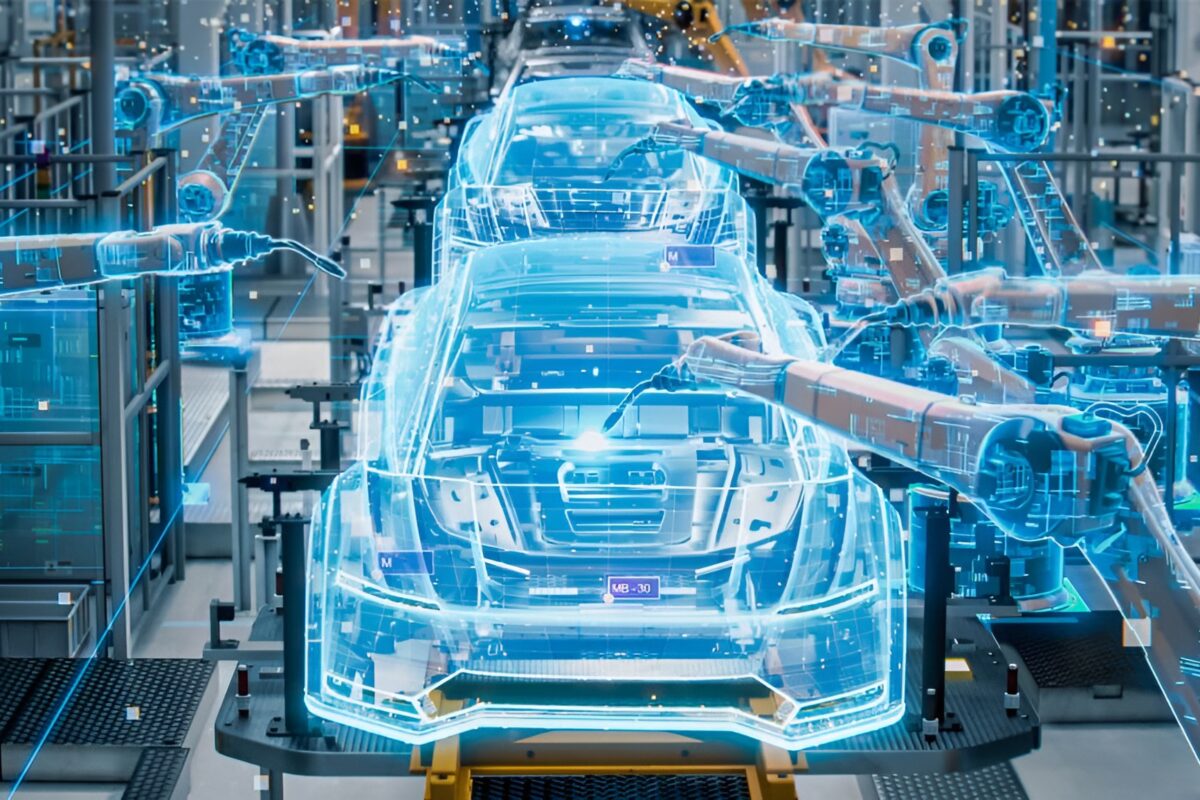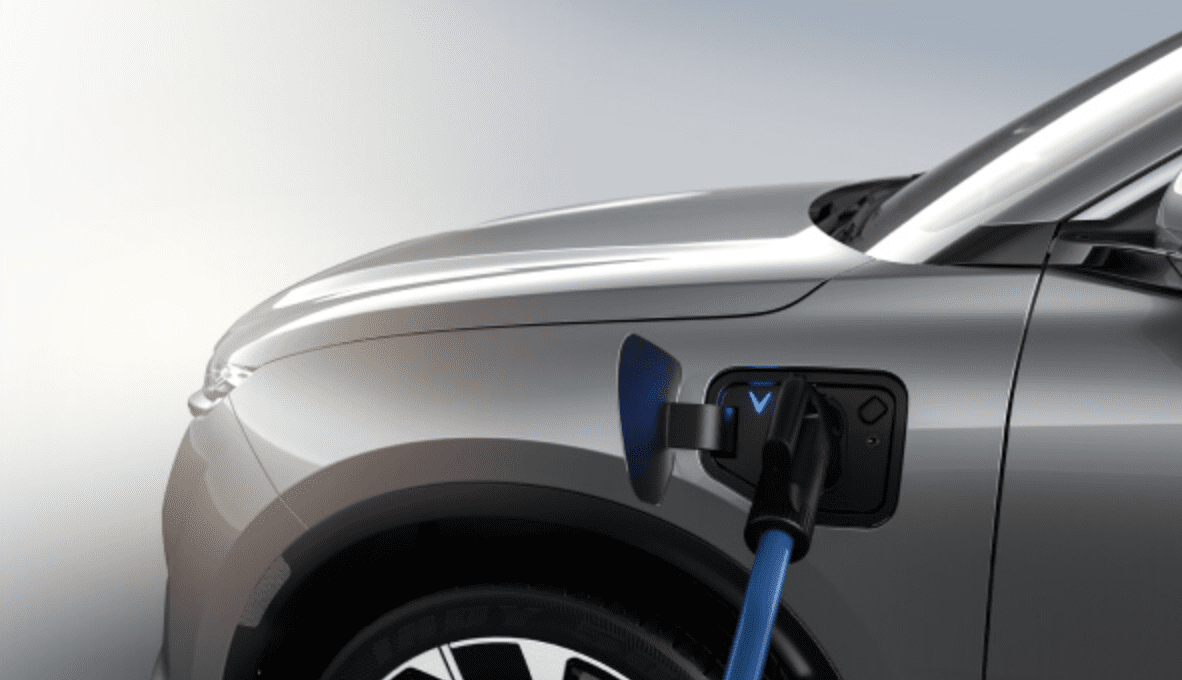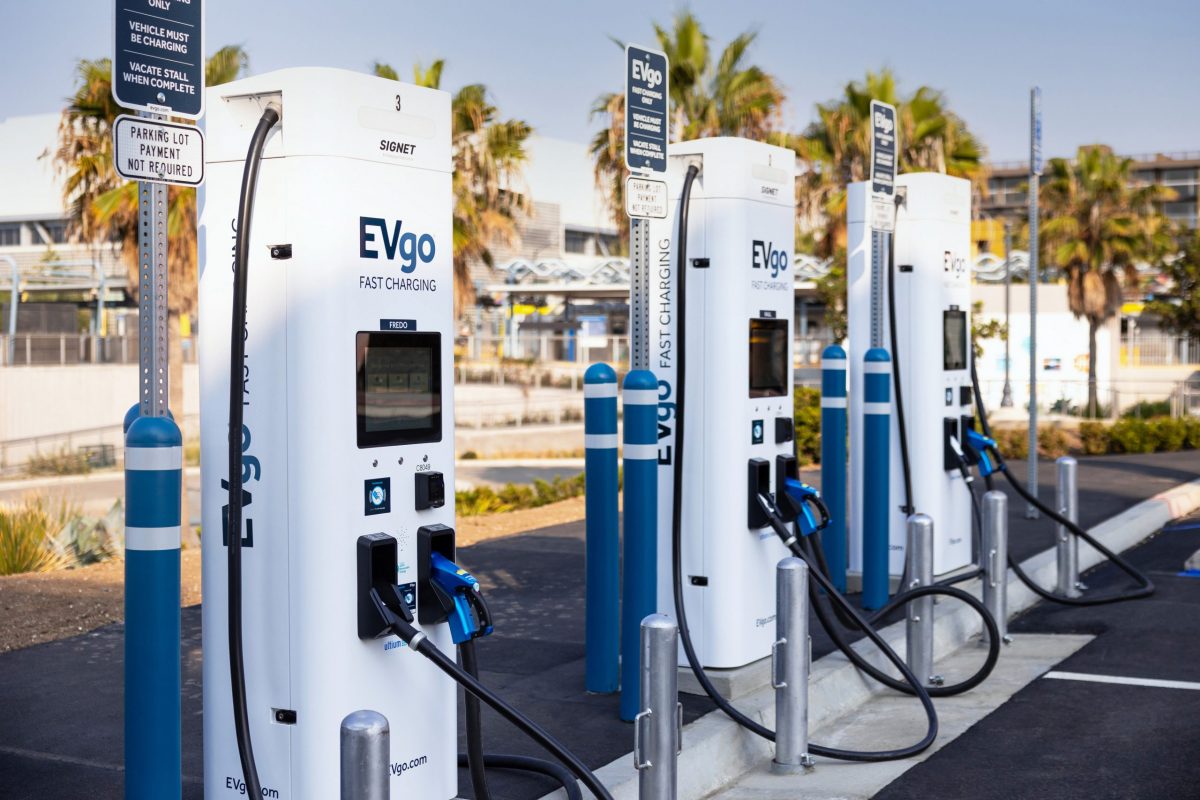While much attention has been given to the impact of the Toyota recalls on the company and its much-vaunted brand reputation, so far not much has been said about how the episode of the Prius recall along with some of the other hybrids in the Toyota range will impact on the future prospects for hybrid sales generally.
This is a matter that extends well beyond the confines of the Toyota corporate world, because many OEMs have hybrid vehicles either in or near to market, and certainly the hub-based regenerative breaking system was seen in principle as one of the key means of achieving greater energy efficiency in many future vehicles.
The first key point is that a ‘fault’ or problem of this type is extremely difficult for any OEM to manage because it is rather elusive. It has proven difficult for Toyota and Prius drivers to agree on the nature of the problem and how it is manifest. In some respects, this lack of agreement is unsurprising. Drivers are exposed to a new technology that behaves somewhat differently in use to their ‘normal’ expectations, and the result is disconcerting at times.
This is a matter that extends well beyond the confines of the Toyota corporate world, because many OEMs have hybrid vehicles either in or near to market
While drivers may of course become accustomed to different vehicle characteristics, it is the case that when a rather different technology is introduced into the vehicle and that technology delivers a different driving experience there is going to be a learning curve. Moreover, contemporary energy-saving strategies in vehicles require more intervention from the vehicle itself to over-ride or otherwise intermediate the instructions from the driver.
Such issues are not confined to powertrain. The next few years are likely to see the introduction of a wave of new safety technologies such as distance-keeping radar, intelligent cruise control, lane-keeping systems, and emergency braking systems that can all in one way or another over-ride driver inputs. For decades the OEMs have sought to privilege the principle of driver control, as embodied in the concept of the ‘ultimate driving machine’, even if at times this control is an illusion – witness the widespread proliferation of traction control and dynamic stability systems for example.
Alongside this more interventionist control strategy, OEMs are faced with the reality of integrating complex new mechanical, electric and software safety-critical or powertrain systems into their vehicles. The transition from prototype to mass production is by no means straightforward, particularly in terms of problems that emerge sporadically once the cars are in use under diverse circumstances.
The trouble is, of course, that public acceptance for esoteric but necessary new technologies for the industry to achieve a low-carbon future will be damaged by such incidents as the Prius recall.
The trouble is, of course, that public acceptance for esoteric but necessary new technologies for the industry to achieve a low-carbon future will be damaged by such incidents as the Prius recall. The OEMs are thus placed in a potentially difficult position: compelled to force the pace on the introduction of energy efficiency technologies, but faced with consumers that are inexperienced in those technologies, the OEMs are potentially exposed should any reliability issue arise.
It can be reasonably forecast that the Toyota hybrid recall will not be the last of its type. The industry therefore needs to work closely with the relevant authorities to ensure that the recall system works faster and more transparently than ever, or risk a collapse of confidence in the market.
Dr Peter Wells is a Reader at Cardiff Business School, where he is a Co-Director of the Centre for Automotive Industry Research and leads the automotive industry research programme within BRASS, also in Cardiff University. Dr Wells is also a director of AutomotiveWorld.com’s sister website AWPresenter.com. He can be contacted on wellspe@cardiff.ac.uk.
The opinions expressed here are those of the author and do not necessarily reflect the positions of Automotive World Ltd.



